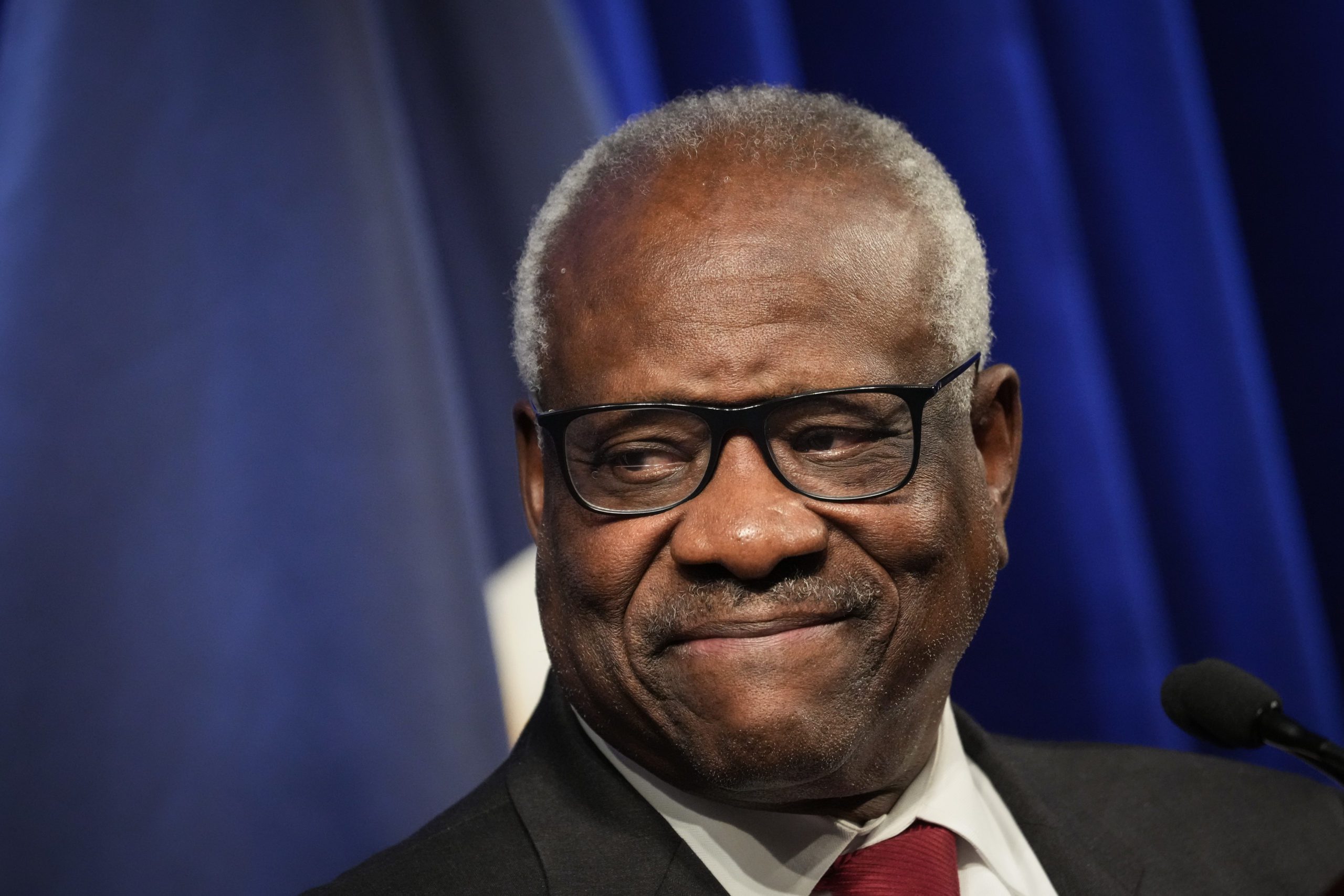On Thursday evening, the Republican National Convention will conclude with Donald Trump accepting the GOP presidential nomination for the third time overall, and the first since he tried to violently overthrow the federal government. On Monday morning, Trump district court judge Aileen Cannon got the celebration started a little early, issuing a 93-page order that dismissed special counsel Jack Smith’s prosecution of the former president for mishandling classified documents. Once again, a legal system ostensibly metes out equal justice under law is allowing one of the most powerful men in the country to escape it.
The case is about Trump’s illegal retention of about a dozen boxes of sensitive national security files, many of which were unceremoniously stacked in a (presumably seldom-used) bathroom at his home in Mar-a-Lago. But Cannon’s justification for dismissing the prosecution is all about the man bringing it: Attorney General Merrick Garland’s appointment of Smith, she argues, violates the Constitution’s requirement that Congress consent to any such appointment first.
“The Framers gave Congress a pivotal role in the appointment of principal and inferior officers,” Cannon writes. “That role cannot be usurped by the Executive Branch or diffused elsewhere—whether in this case or another case, whether in times of heightened national need or not.”
It is hard to overstate how untethered Cannon’s conclusion is from anything resembling the legal status quo. Republican politicians have spent the last eight years railing against the concept of special counsels, particularly since it typically comes up in the context of crimes the leader of the Republican Party may or may not have committed. But the Supreme Court has never accepted these arguments, and special counsel appointments have been relatively common in politically charged cases since the Court upheld them in 1974’s United States v. Nixon. By declaring Smith’s appointment invalid, Cannon is effectively repackaging time-worn conservative complaints about special counsels—complaints never endorsed by a majority of the Court—and solemnly declaring that they’ve been the law of the land all along.
As is so often the case with Trump judges, you can draw a straight line from Cannon’s vacuous confidence to the handiwork of Justice Clarence Thomas. Two weeks ago, when the Court’s Republican justices granted Trump sweeping immunity from criminal prosecution for his complicity in the January 6 insurrection, Thomas wrote a solo concurrence in which he made clear that, if it were up to him, he’d go even further. Criminal prosecutions of Trump, Thomas wrote, raised “serious questions” about special counsel appointments that “must be answered” before Smith could go to trial. “If there is no law establishing the office that the special counsel occupies, then he cannot proceed with this prosecution,” Thomas concluded.

When the plan worked (Photo by Drew Angerer/Getty Images)
Again, Thomas wrote only for himself. Not a single justice—not even Sam Alito, the Court’s most unabashed partisan—elected to join him. But Cannon’s order repackages Thomas’s fringe musings as persuasive authority, regurgitating his warnings about the dangers of “corrupt” special counsels and his contention that, as a matter of constitutional fidelity, Smith’s appointment requires legislative approval. Thomas’s concurrence is most useful to Cannon when she has to deal with Nixon, a 50-year-old precedent the Court has never overruled. Although that case made “passing reference” to relevant federal laws, Thomas wrote, it included “no analysis” of the statutory text. This is just enough for Cannon to maneuver around the inconvenient parts of Nixon: Its treatment of special counsel appointments, she concludes, is mere “dictum”—nonbinding language from Nixon that she is free to ignore.
Cannon and Thomas are engaged in the sort of intellectual backfilling that is very common in the development of conservative legal theory: One judge writes writes something, another judges quotes it, another judge cites the previous two judges, and still another judge refers to the opinions of the previous three judges as a “line of cases” that support the proposition, thus manufacturing the appearance of authority for a concept that would otherwise lack it. But rarely is the feedback loop of bullshit quite this clumsy: Two weeks after Thomas handed Cannon step-by-step instructions for getting the case off her docket, she followed them to the letter. Among the many judges auditioning for a Supreme Court nomination during a second Trump presidency, everyone not named Aileen Cannon is, for now, fighting for second place.
Smith will almost certainly appeal Cannon’s order. But even if she’s reversed on appeal, the upshot of Monday’s news is that the case has no chance of getting resolved before the November election. Like the justices in the majority in the Trump immunity case, Cannon is a Republican politician whose primary goal is maximizing Donald Trump’s chances at winning the White House. By putting this prosecution on ice for the foreseeable future, she is doing her part to help him run out the clock.


